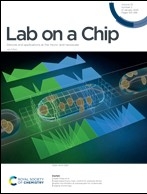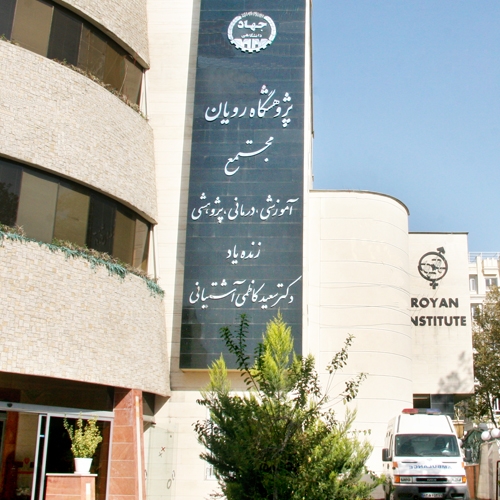Simple Bioelectrical Microsensor: Oocyte Quality Prediction via Membrane Electrophysiological Characterization
 The selection of competent oocytes for fertilization is a critical step in infertility treatment through assisted reproductive technologies. The most common approach in this field relies on the expertise of embryologists, which is inevitably prone to human error. A potential alternative approach could involve the use of electrically-based tools. These tools may serve as a superior alternative to human-based oocyte selection methods. In a collaborative study conducted by the School of Electrical and Computer Engineering at the Tarbiat Modares University and the Reproductive Biomedicine Research Center at the Royan Institute, a simple electrical microsensor was designed and developed to identify high-quality mouse oocytes. This electrical tool predicts oocyte quality based on three electrical characteristics of the oocyte membrane: the oocyte radius, and the thickness of the zona pellucida surrounding the oocyte. Additionally, to evaluate the efficacy of this microsensor, its predictions were compared with assessments made by embryologists. The findings of this study were published in the journal *Lab Chip* in 2024. This pioneering research represents the first of its kind in this field and was supervised and guided by Dr. Davoud Fathi and Dr. Rouhollah Fathi. The research team hopes that this electrical tool can contribute to enhancing the precision of infertility treatments.
The selection of competent oocytes for fertilization is a critical step in infertility treatment through assisted reproductive technologies. The most common approach in this field relies on the expertise of embryologists, which is inevitably prone to human error. A potential alternative approach could involve the use of electrically-based tools. These tools may serve as a superior alternative to human-based oocyte selection methods. In a collaborative study conducted by the School of Electrical and Computer Engineering at the Tarbiat Modares University and the Reproductive Biomedicine Research Center at the Royan Institute, a simple electrical microsensor was designed and developed to identify high-quality mouse oocytes. This electrical tool predicts oocyte quality based on three electrical characteristics of the oocyte membrane: the oocyte radius, and the thickness of the zona pellucida surrounding the oocyte. Additionally, to evaluate the efficacy of this microsensor, its predictions were compared with assessments made by embryologists. The findings of this study were published in the journal *Lab Chip* in 2024. This pioneering research represents the first of its kind in this field and was supervised and guided by Dr. Davoud Fathi and Dr. Rouhollah Fathi. The research team hopes that this electrical tool can contribute to enhancing the precision of infertility treatments.For more information, please visit the following website: https://pubs.rsc.org/en/content/articlelanding/2024/lc/d3lc01120h
Publish date: 2025/01/15





